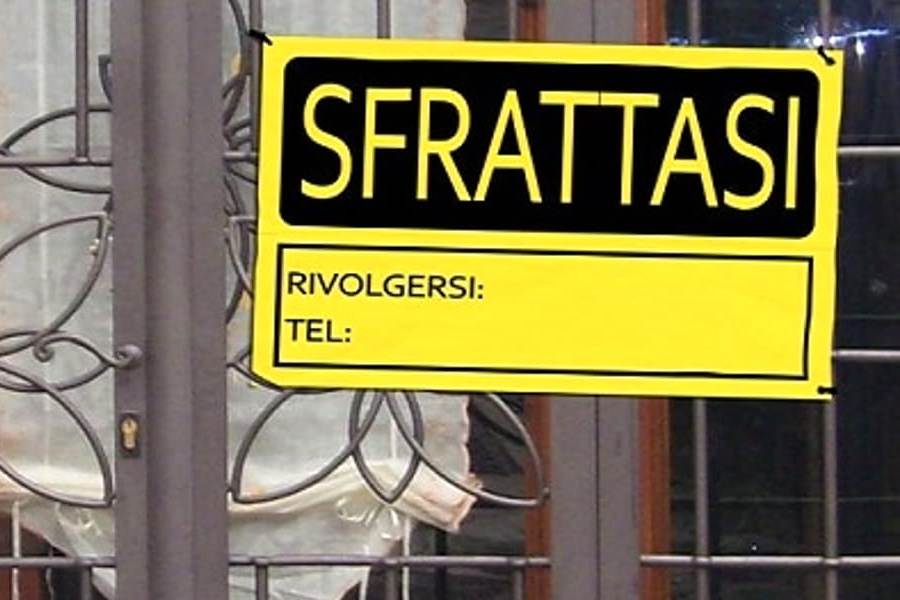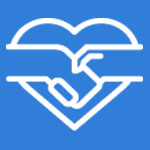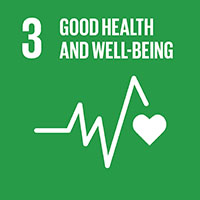Starting from the year 2008, we recorded a net increase in the demand for beds and residential solutions at our listening centre. In response to this need, and in parallel with the low threshold accommodation at our dormitory, we therefore launched a social housing project by setting up several residential units disseminated throughout the city of Turin.
The people selected can spend a period of six to twelve months in the apartments, during which they are supported by operators and volunteers in order not only to temporarily relieve their suffering, but also to make the relationship between the guest and the institutional and other figures, that gravitate around the problem of the home and its maintenance (ATC, Social Services, Sert, CSM, families, volunteer associations), effective.
The project
The project was therefore launched to respond to the severe housing emergency problems that afflict our city and is aimed at accommodating homeless people that have social or health problems for which accommodation in a dormitory is particularly inadequate and may become chronic.
In 2018, it is therefore our intention to strengthen this project with the opening of a new housing unit located in Via Pianezza 80, which was donated to the Association at the end of December 2017.
This accommodation requires major renovation in order to make it habitable, having been used as a warehouse to date.
The financial contribution requested of Reale Mutua would partially cover these expenses.
Purposes and objectives of the project
Provide an immediate response to the housing needs of adults in difficulty and in particular without permanent residence, adults in emergency housing, those with particular health problems or with particular difficulties in frequenting dormitories
offer support in the practice of maintaining and keeping one's home
Who it is addressed to
The people selected for inclusion in the accommodation (through cognitive interviews and possibly after a short stay in our dormitory) will be three and will benefit from the hospitality for a period of 6-12 months, at the end of which other people will take over.
Through an educational and housing support to the guests, each will be asked, with their own means and abilities, to reach a situation of independence. Hospitality in the apartment is therefore not an end in itself: the objective, in fact, is to consider staying in the accommodation as a temporary measure, before a completely independent living arrangement.
During and at the end of the project, the following changes and behaviours can be assessed by the beneficiaries:
Maintenance of the commitment to pay any symbolic participation share, progressive acquisition of skills necessary for the organisation and management of private and common areas of the house (management of financial resources, organisation and management of expenditure, management of clothing, management of cleaning, etc.), compliance with the internal regulation of the structure, the ability to have effective relations with the neighbourhood and the local area (real estate agencies to possibly find a an independent apartment, employers, etc.), the ability to acquire ever greater self-management skills and the awareness of being a person and not just a "social case"
The project envisages the inclusion of six people per year, for periods of six months each.
Activities
In addition to educational support activities (to re-learn to manage a house after the experience of the streets), socialising opportunities are organised (trips, lunches, meetings) aimed at building a friendly and social network that lasts over time, even after the end of the project.
Results monitoring
The project includes individual interviews and group meetings aimed at the following checks:
verification of interpersonal skills: is the user able to adopt and manage interpersonal relationships in a positive way, is he/she able to live in moments of solitude that this choice involves, in the case of cohabitation with other guests, is he/she able to deal with conflicts and to overcome them for the success of living together? verification of logistics organisation skills: is the guest able to properly act to look for or keep a job, prepare meals, take care of personal hygiene and care of his/her home, to comply with the rules of condominium, to pay the share of the rent and the utilities, to manage his/her income? verification of local mobility skills: is the guest able to organise his/her mobility using public transportation available and/or with his/her own means of transport?
Bartolomeo & C. already has 9 residential units in which we host about twenty people who we follow in collaboration with Sert, CSM, Local Social Services pending allocation of public housing or be accommodated in another type of structure.
The contribution requested from Reale Foundation is aimed at supporting the costs to make the property, which was donated to the association at the end of December 2017 and which until now has been used as a warehouse, habitable.
Once the property has been made habitable and furnished and, therefore, ready to accommodate the people who are in a housing emergency, the social housing project should be able to continue with the donations of individuals who support the association.
Name of the project: Casa Pianezza 2
Name of the proposing entity: Bartolomeo & Non-Profit Association
Area of intervention: Health & Welfare
Starting date: April 2018
End date: June 2018
Bartolomeo & C
The name Bartolomeo & C. was chosen in 1979 during a night patrol, during which Lia Varesio and other volunteers found Bartolomeo, a vagabond who slept on the streets in an area of the historical center of Turin, frozen to death under a pile of rags and cardboard. From that moment the decision, up to then uncertain and confused, matured to offer company and accommodation to those who have nothing left, not even a place to sleep. There are many tragic realities of city life that we come into contact with: homeless people, people with psychiatric problems, alcoholics, former prisoners, HIV-positive people, transsexuals, former prostitutes, drug addicts, people who have lost their jobs, etc.
We meet these people walking the streets, in the stations, on the benches of the avenues and parks, in the most hidden places where they try to make themselves invisible.
In the premises in Via Camerana 10/A we carry out informational interviews to understand their situation and try to identify their concrete needs and help them solve their problems.




